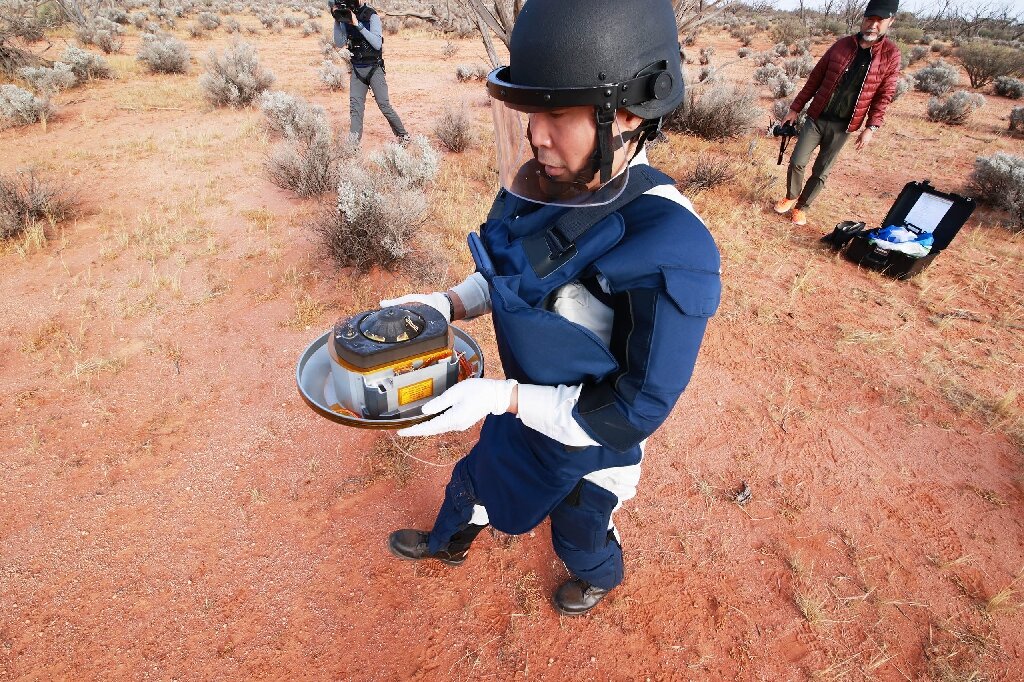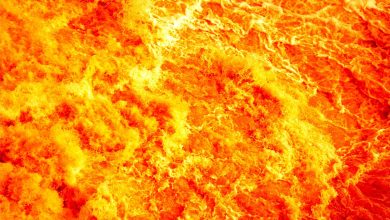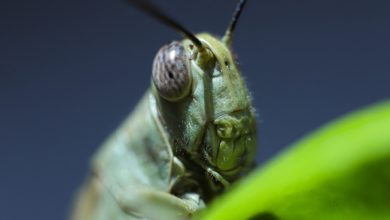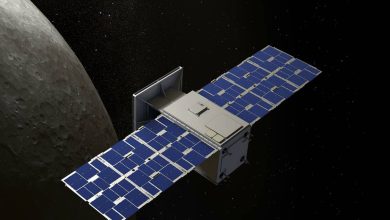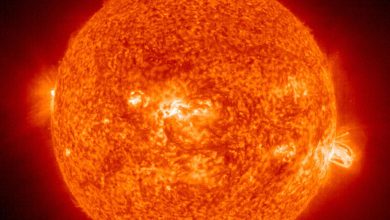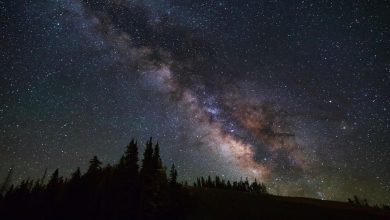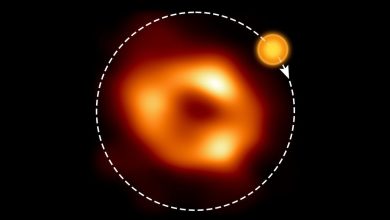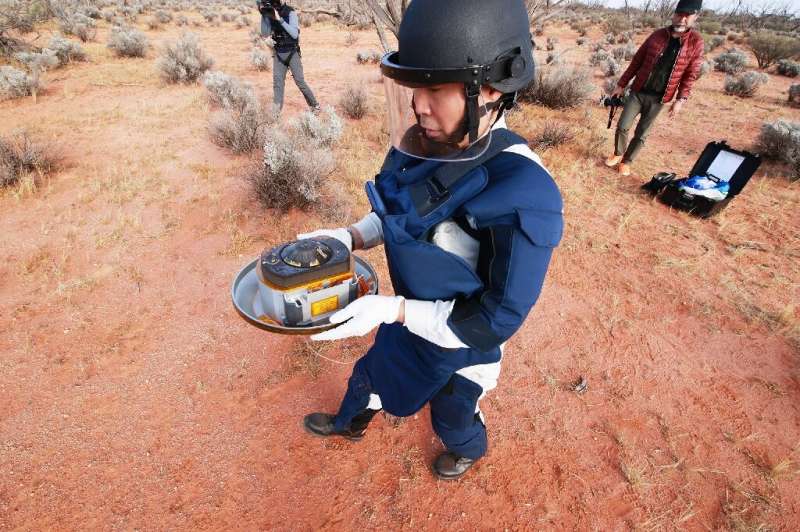
The Japanese probe Hayabusa-2 collected rocks and dust from the asteroid Ryugu and returned this sample to Earth.
Dust grains recovered by a Japanese space probe from an asteroid some 300 million kilometers from Earth have revealed a surprising component: a drop of water, scientists said Friday.
The discovery offers new support for the theory that life on Earth was seeded from outer space.
The results are part of the latest research published from the analysis of 5.4 grams of rock and dust collected by the Hayabusa-2 probe from the asteroid Ryugu.
“This drop of water has great significance,” senior scientist Tomoki Nakamura of Tohoku University told reporters before the research was published in the journal. Science Friday.
“Many researchers think the water was brought in (from space), but we actually discovered water in Ryugu, a near-Earth asteroid, for the first time.”
Hayabusa-2 launched in 2014 on its mission to Ryugu and returned to Earth orbit two years ago to drop off a capsule containing the sample.
The precious cargo has already yielded several pieces of information, including organic matter which has shown that some of the building blocks of life on Earth, amino acids, may have been formed in space.
Research published on Friday indicates that the team found a drop of liquid in Ryugu’s sample “which was carbonated water containing salt and organic matter”, Nakamura said.
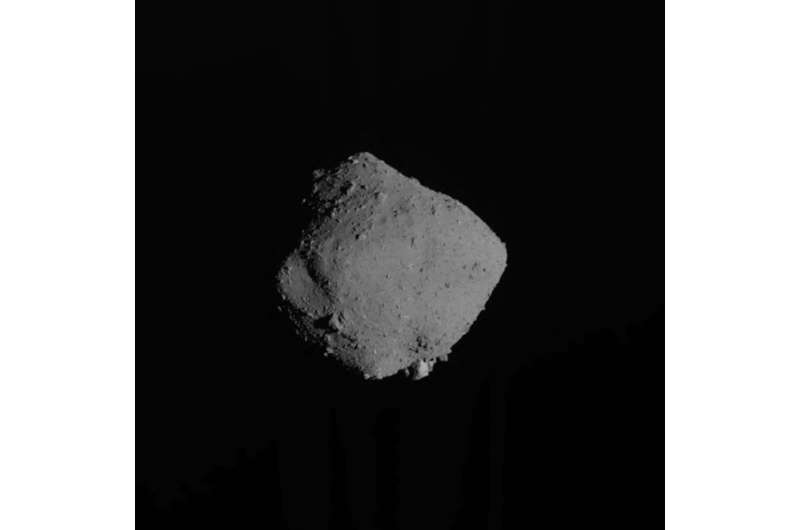
Hayabusa-2 collected samples from Ryugu some 300 million kilometers from Earth.
This bolsters the theory that asteroids like Ryugu, or its larger parent asteroid, could have “provided water, which contains salt and organic matter” during collisions with Earth, Nakamura said.
“We found evidence that this (process) may have been directly linked to, for example, the origin of the oceans or organic matter on Earth.”
Nakamura’s team, made up of about 150 researchers, including 30 from the United States, Britain, France, Italy and China, is one of the largest teams analyzing the Ryugu sample.
The sample was divided between different scientific teams in order to maximize the chances of new discoveries.
Kensei Kobayashi, an expert in astrobiology and professor emeritus at Yokohama National University who is not part of the research group, welcomed the discovery.
“The fact that water was discovered in the sample itself is surprising,” given its fragility and the risks of it being destroyed in space, he told AFP. .
“This suggests that the asteroid contained water – in the form of fluid and not just ice – and that organic matter may have been generated in this water.”
Space mission shows Earth’s water could come from asteroids: study
T. Nakamura, Formation and Evolution of the Carbonaceous Asteroid Ryugu: Direct Evidence from Returned Samples, Science (2022). DOI: 10.1126/science.abn8671. www.science.org/doi/10.1126/science.abn8671
© 2022 AFP
Quote: Water in asteroid dust offers clues to life on Earth (2022, September 25) Retrieved September 25, 2022 from https://phys.org/news/2022-09-asteroid-clues-life- earth.html
This document is subject to copyright. Except for fair use for purposes of private study or research, no part may be reproduced without written permission. The content is provided for information only.
#Water #asteroid #dust #offers #clues #life #Earth
